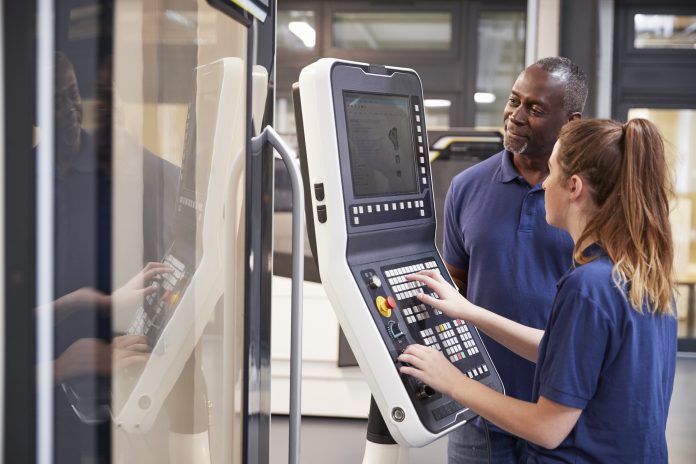Bethany Preston, Operational Support Systems Engineer, Arqiva, explores why an apprenticeship might be the better route to go down
This year’s results day was one for the history books, if not for the right reasons. It left many school pupils and leavers asking questions such as, what will a post-COVID university experience look like? Will it be like my older friends and peers described? What employment opportunities will be open to me in three or four years’ time? Is this the best option for me – and has it always been?
Apprenticeships have long been a valued, but often overlooked route for school leavers considering their next steps. But with such uncertainty ahead they’ve become a fantastic option for those looking for a more immediate route to employment. Bethany Preston, who started her career at Arqiva as an apprentice before becoming an operational support systems engineer, explains:
Creating a toolkit for success
An apprenticeship is a great opportunity for students who prefer a hands-on approach to learning – you’re given practical training from the start enabling you to get stuck in from the get-go. Work-based learning provides you with the opportunity to be taught from the best in the field – gaining informed and constructive feedback along the way. The training I received at Arqiva served as the building blocks to success – it helped me to develop my technical and functional knowledge of broadcast which is key to my role today. My job involves contributing to projects on which millions of TV viewers are dependent, including the World Cup and Olympic Games. Every day, I get great satisfaction seeing the results of my team’s hard work and knowing that I was a part of it.
Networking is key
What I’ve enjoyed most at is working with people with different experience and from a range of age groups and backgrounds. It has improved my interpersonal skills dramatically because instead of being assigned to one permanent team, my apprenticeship, like many others, was structured around rotations. Over the years, I got an insight into various departments helping me to build great relationships with employees across the company. Understanding how each department works and what they’re responsible for made collaboration on future projects much easier. Now it’s become second nature.
The cost-effective choice
What attracted me to enroll in an apprenticeship was the opportunity to earn while I learned. In terms of qualifications, apprenticeships offer a great way to combine work with study, with the chance to gain valuable credentials. I achieved my foundation degree in Electronics and Communication Engineering alongside my training and unlike some of my peers who went to university, I wasn’t laden with debt by the end.
Despite the cost-effective nature of vocational roles, scepticism around them continues to dampen uptake. However, as we all try and find our feet as we get back to normality, there’s a lot to be said for a more direct path to full-time employment.
The engineering sector needs you
Three years ago Engineering UK called the industry to action, revealing that by 2025, the UK needs 1.8 million new engineers. Despite this demand, the UK’s skills shortage has been worsened by the reduction in numbers of young people, particularly female students, choosing this career path. To combat this crisis, engineering firms have to make better efforts to improve gender equality. Women make up 11% of the engineering workforce globally. This statistic is representative of missed opportunities to bring in a wealth of talent that can help support the success of the industry for years to come.
The chaos surrounding this year’s results day has made many students unsure about which step to take next. What remains the same is the fact that we could face another year of the industry missing out on future leaders because of outdated ideas around apprenticeship schemes. This year could change that. With engineering apprentices in high demand, I urge pupils debating what route to take to acknowledge their benefits.











